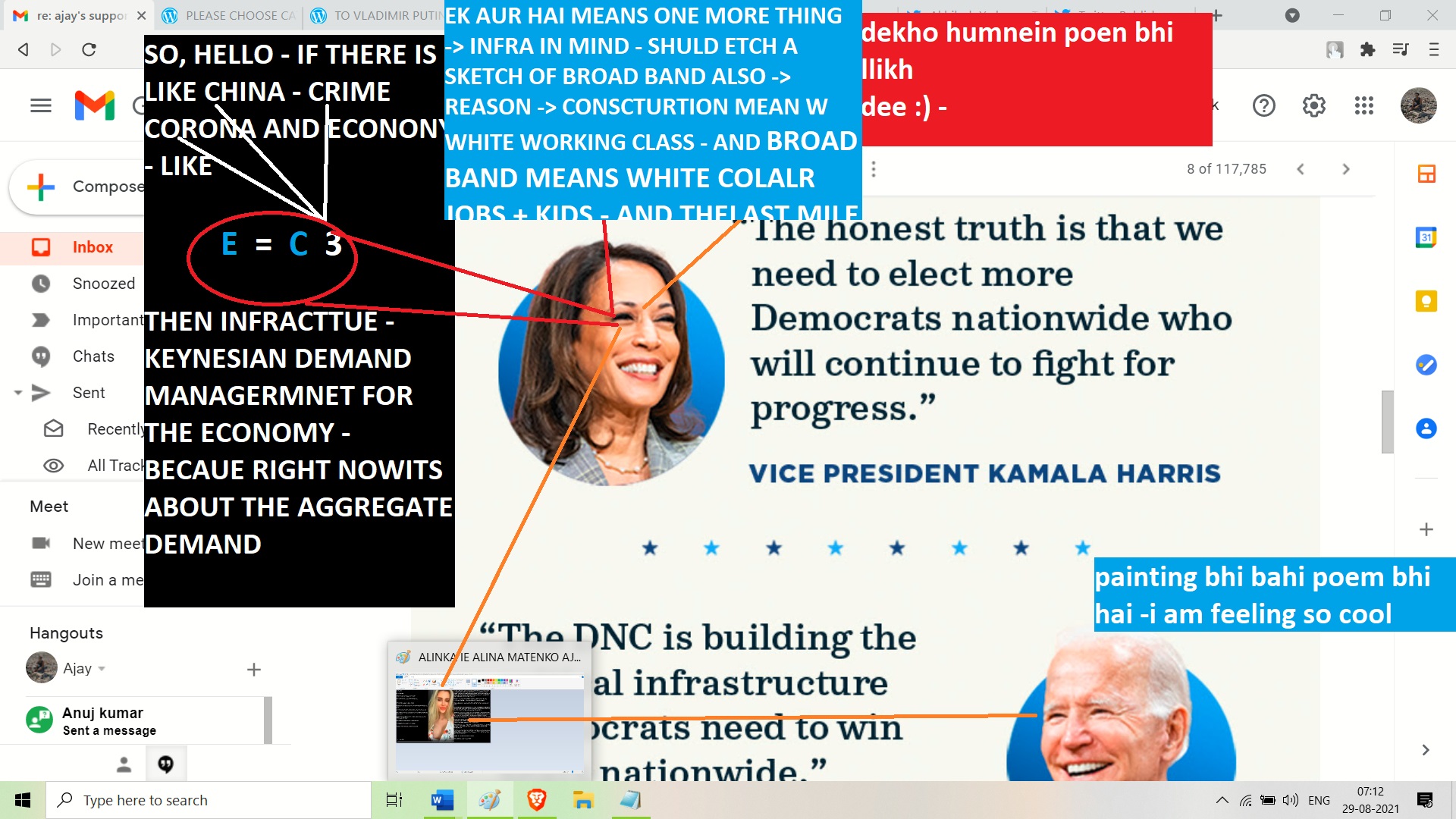

While the Astros’ roadmap isn’t unique, it is more extreme. Each club has provided the industry with a roadmap to building a super team. Even the Yankees have benefited from a similar model. Houston’s plan wasn’t all that different from the one embraced by the Cubs en route to a curse-ending championship in 2016. And a lot of people expected the Astros, even during their Disastros Phase, to be quite successful. A smart team that bottoms out to enjoy premium picks and talent, that finds value in trades and free-agent signings, that improves players through development and training practices - that’s going to be a very successful team. While Houston’s title seemed inevitable for most of Wednesday night, an eventual coronation has seemed probable for some time.

In a copycat industry such as this one, everyone wants to be like, or at least learn from, the last team standing. Because of the result, however, it’s a path down which other clubs will likely attempt to travel. Ownership had to be open to a lot of losing.

Because, where other clubs typically experience ebbs and flows, the Astros took one of the most extreme routes to a title in the game’s history. He did what most winning executives do in such situations: he thanked ownership for their patience and support.Īs mundane as Luhnow’s words might have seemed, it’s likely that they transcended mere cliche. Following the game, the architect of the title, Astros GM Jeffrey Luhnow, briefly took the post-game microphone, addressing an emptying stadium and a national television audience.


 0 kommentar(er)
0 kommentar(er)
